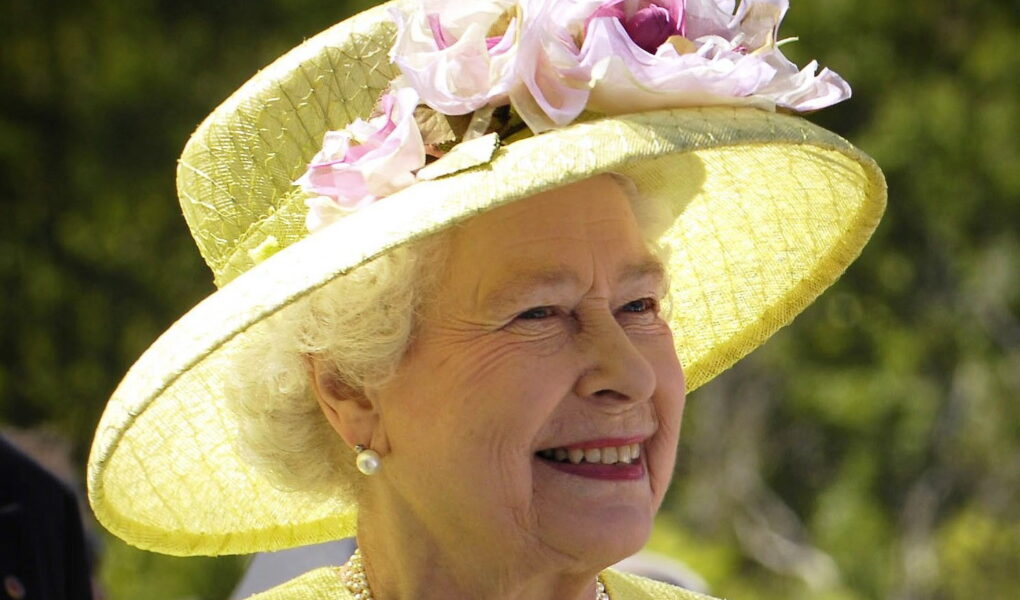Her Majesty Queen Elizabeth II passed away on 8th September 2022 and the UK has entered a period of national mourning. This has evoked a strong emotional reaction across the country, bringing people together in a sense of shared loss and many children and young people are likely to be exposed to this directly and indirectly.
This information has been drawn together from a number of published studies and textbooks to give advice for parents and carers to help understand how children and young people may process these events.
How Children and Young People Develop a Concept of Grief or Loss
Infants and toddlers have little concept of death and would struggle to relate it to a concept. In their worlds adults come and go all of the time in their lives and even if they recognised a picture of the Queen, her passing would have little significance.
Young children, up to the age of about 5-7 years often have very little concept of death. They may see it as temporary, a form of sleep and so do not seem to understand the permanence or brevity associated with the passing. They may view the loss as something that can be overcome or that time will resolve, so may make insensitive statements, such as asking when they will see them again, question the relevance to them or say they don’t care. They may not understand people’s reactions to someone they have no immediate connection to and so may dismiss the concept.
During middle childhood (8-12 years), children develop a more secure understanding of death as they grow. From the early part of this age range (and possibly earlier) they may show curiosity about the concept of death or the physical process of dying. Children during this time may develop a concept of the body stopping working and may then relate this to different forms of afterlife. They may have questions about death and so this is a topic that should not be avoided. They are likely to have noticed the impact of national mourning on people, or their routine, and so may have questions or seek to understand how people are emotionally affected by someone they may not have met.
During adolescence young people develop a more mature concept of death and have almost an adult understanding of the concept. They may wish to discuss events and the period of national mourning, in addition to the processes that are being enacted in the period of mourning. Young people may link this to their own mortality and may process their thoughts and feelings through conversation with their friends and possibly you. They (or you) may be surprised by how much the Queen’s passing has emotionally affected them. In some occasions young people may verbalise rejection of the idea of the monarchy or what it has to do with them (apart from interrupt their lives), if this is the case be patient and empathetic to their views.
Discussing the death of Queen Elizabeth II
The way you discuss the passing of Her Majesty will depend on a child’s age.
Infants and toddlers – this age group are unlikely to grasp the concept of death and so are likely to accept simple statements.
Young children – start with statements of fact, such as what is happening or what has changed. Children of this age often like understanding what they are doing or will see, and due to their young age may not express sadness at the Queen’s passing. They may have questions immediately or that may arise over time, especially as they see others emotionally reacting. Be patient and respond factually when they arise.
Middle childhood – children at this age will have a more developing understanding of loss, but may not understand why they are experiencing feelings over the loss of someone they didn’t know. They will benefit from knowing the changes to routines and expectations. This age are likely to have questions related to the process of dying, but also the emotions being experienced by them or by others. Listen to their concerns or questions and try to answer them as factually as possible, but acknowledging that emotions are not just one or the other, so they may be experiencing a mix.
Adolescents – teenagers and young adults have a lot more advanced concepts of death, so therefore will have more insight into what has happened. In addition, they may feel a sense of personal loss or be emotionally affected by the passing of Her Majesty over and above the sense of collective grief experienced during national mourning. Whilst many teens turn to their friendship group for support, some with still turn to parents and carers. Listen, do not judge and be empathetic to what they are saying. They may express some internal conflict or mixed emotions. The structure described on https://www.thekidcalmer.com/having-a-listening-or-supportive-conversation-with-your-child/ may support with this conversation.



